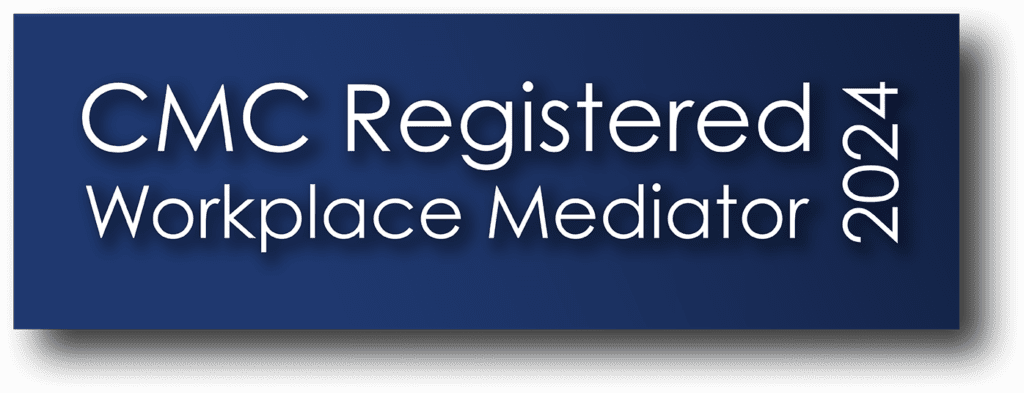Mediation is a valuable approach for resolving workplace disagreements and improving relationships. Here’s when and how it can be effectively used:

People frequently ask us when it is appropriate to hire a workplace mediator:
- When to Use Mediation:
- Workplace Relationships: Mediation is most suitable for resolving conflicts related to workplace relationships, such as:
- Bullying and Harassment
- Communication Problems
- Personality Clashes
- Relationship Breakdowns
- Not for Other Disputes: It’s important to note that mediation is not typically used for disputes related to pay, dismissal, or conduct issues.
- We frequently receive enquiries in cases involving unfair dismissal but by this stage it is too late to use workplace mediation. A mediation is still possible but it would be an employment mediation and ACAS provide this.
- Workplace Relationships: Mediation is most suitable for resolving conflicts related to workplace relationships, such as:
- Benefits of Mediation:
- Quick and Informal: Mediation is a less formal, flexible, and voluntary process.
- Confidential: Discussions during mediation are confidential and cannot be used in future procedures.
- Empowerment: Mediation allows everyone involved to have control over the final agreement.
- Cost-Effective: It helps avoid costly processes like employment tribunal claims.
- Starting Mediation:
- Informal Resolution First: Try to resolve the issue informally before considering mediation.
- Early Intervention: Start mediation as soon as possible to prevent the situation from worsening.
- Post-Disciplinary or Grievance Process: Mediation can also be used to rebuild relationships after disciplinary or grievance procedures.
Remember, mediation focuses on finding solutions that everyone agrees to, rather than assigning blame. It’s a collaborative process that aims to mend relationships and improve communication in the workplace
